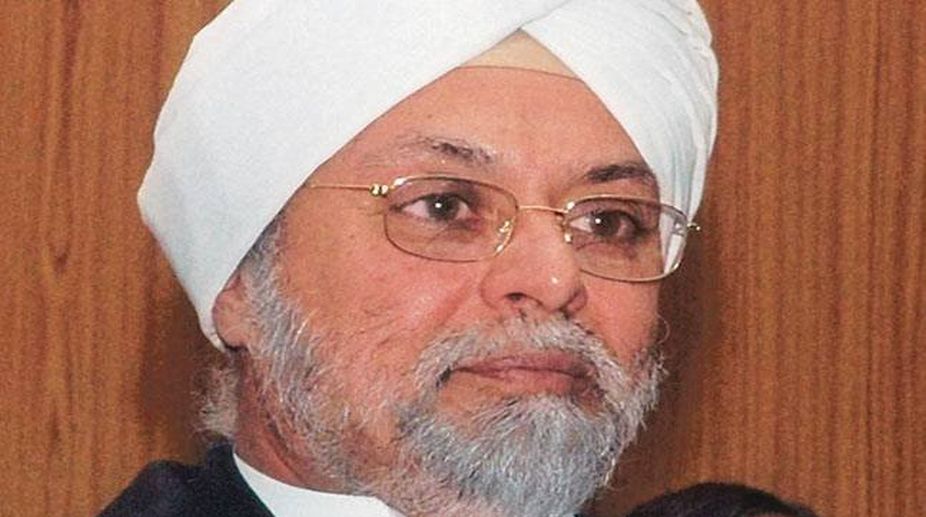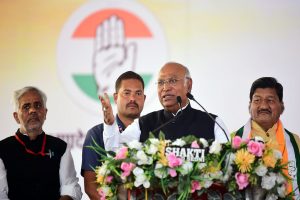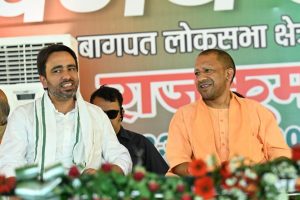Chief Justice of India Jagdish Singh Khehar on Saturday said that it was incumbent upon the government to ensure that the ownership and control of resources was for the common good coupled with an economic system working for the common man's benefit.
"Every government is bound to ensure the two fundamental principles of competition… ownership and control of resources for the common good, and an economic system that does not work to common detriment," he said, while delivering a lecture organised by the Competition Commission of India on "Emerging Jurisdictions of Competition Law: How will it serve the business community in India, and India's trade policy".
Holding it was for the government to ensure that the economic system worked for the benefit of the common people, the Chief Justice said that the extension of benefits of all constitutional principles, was the "duty of the governing political party" and the same has to be achieved "without infringing fundamental and constitutional limits".
He also made it clear that it did not matter whether the enterprise concerned was in private or public sector.
Referring to the top court's orders in the business of sports (BCCI), securities, (Sahara), real estate housing (Unitech) and environment damage (Bicchadi and T.N. Godavrman cases), Chief Justice Khehar said these cases have clearly shown that the constitutional remedies were clearly available, specially when the actions of the enterprises were adverse to public interest.
The twin goals of ownership and control of resources and economic activity were both for common good, he said, adding that the "fundamental rights of fair, just and reasonable state conduct, in the management of political economy, constitute the boundaries of a host of laws including controls of monopolies, restrictive business practices and agreements".
The Chief Justice said that fairness between the manufacturer or supplier on one hand and the consumer on the other, is possible only if the stream of supply and demand remains unpolluted by greed. Pointing out that there "is, as yet, no vaccine against greed", he said that the Competition Commission is "a necessity to prevent, control and abate such pollution".
"The doctrine of level playing field, is a constitutional answer, to the displacement of the competition to the common detriment. A Competition Commission becomes a necessity to enforce this doctrine," he said.
Saying that the competition was "kinetic political tool" to get more out if available resources whether in government or in private sector, he said that it enables the political governing class access to an expanding voters base by meeting their aspirations.
The kinetic effect, Chief Justice Khehar said, has a "cascading effect as each consumer is also a producer". However, he noted that the beneficial effects are available only, if "there is an effective enforcement machinery for enforcing fair competition".











